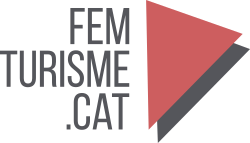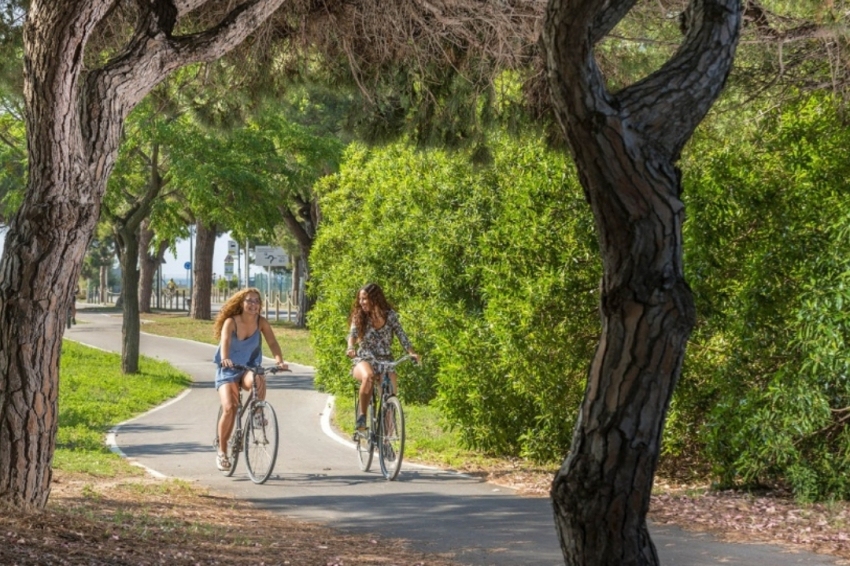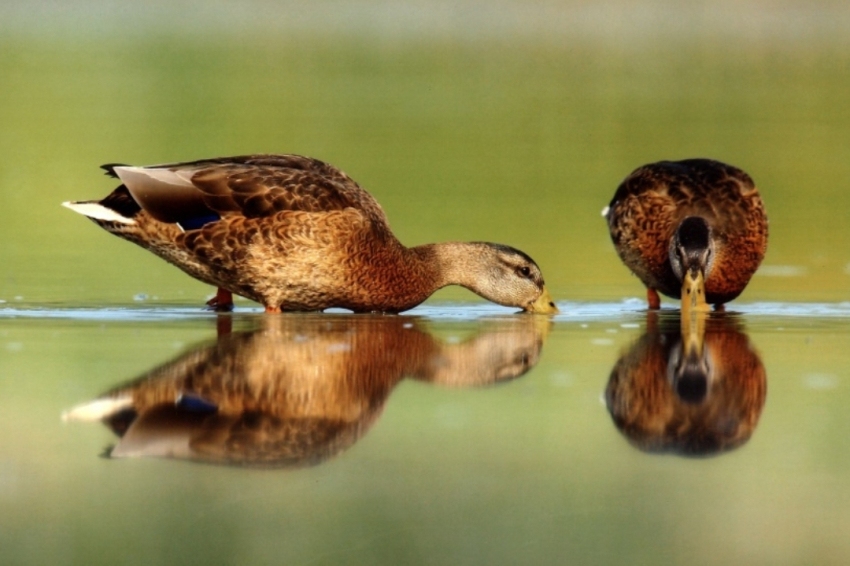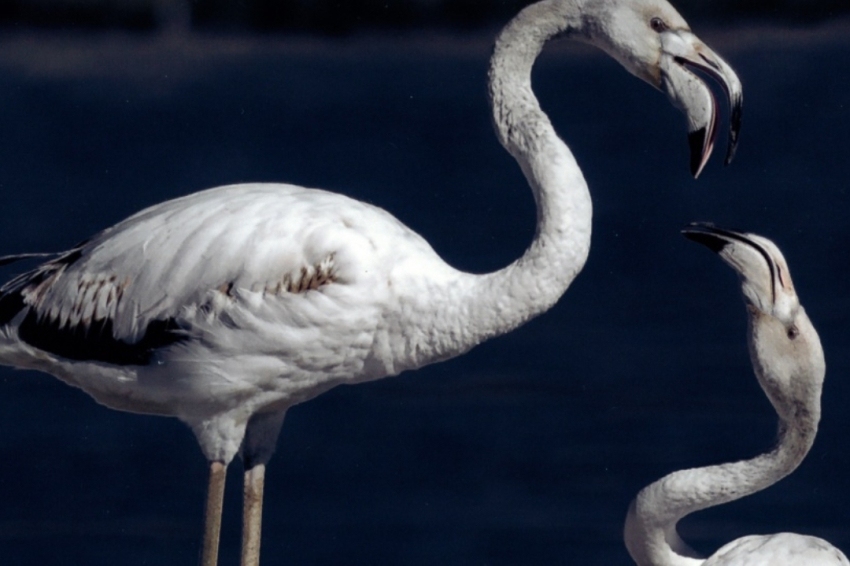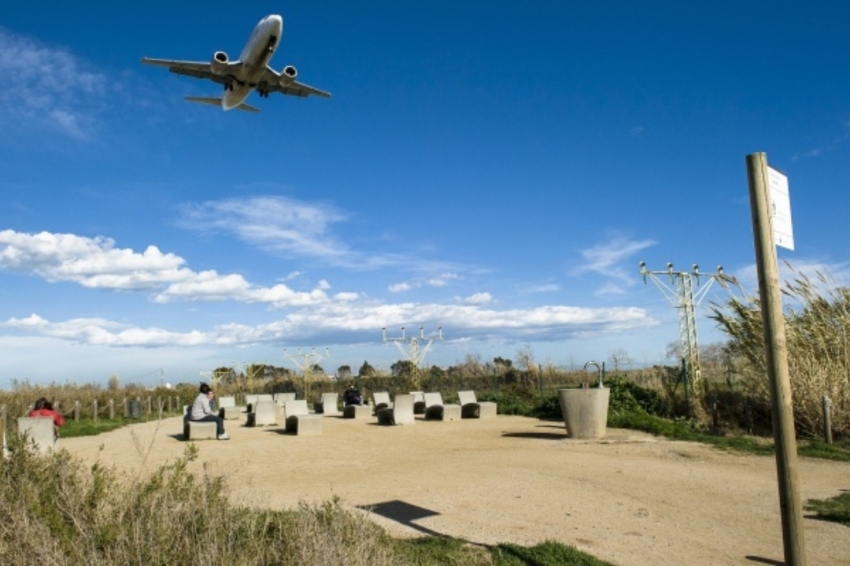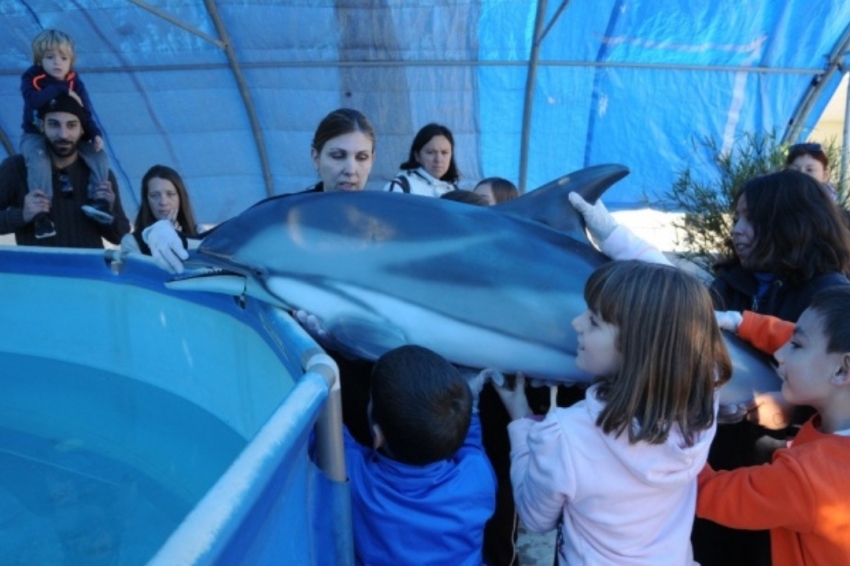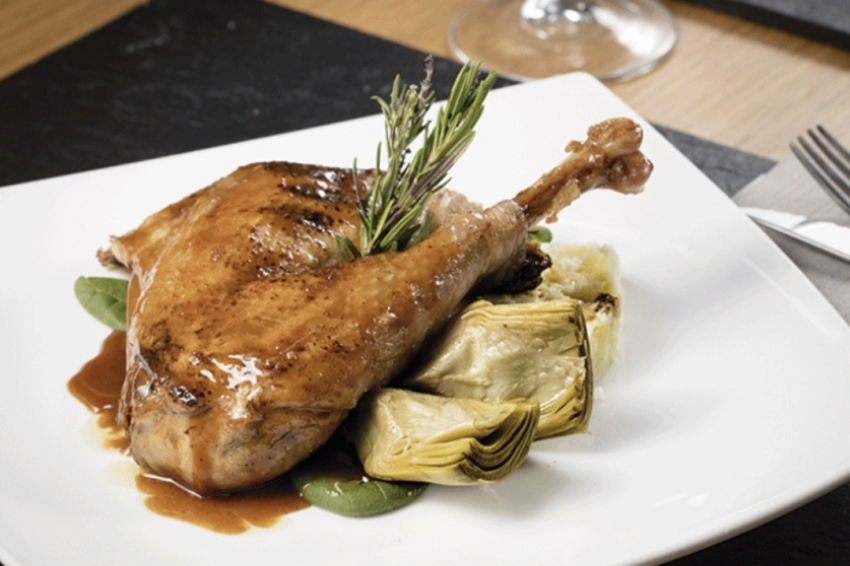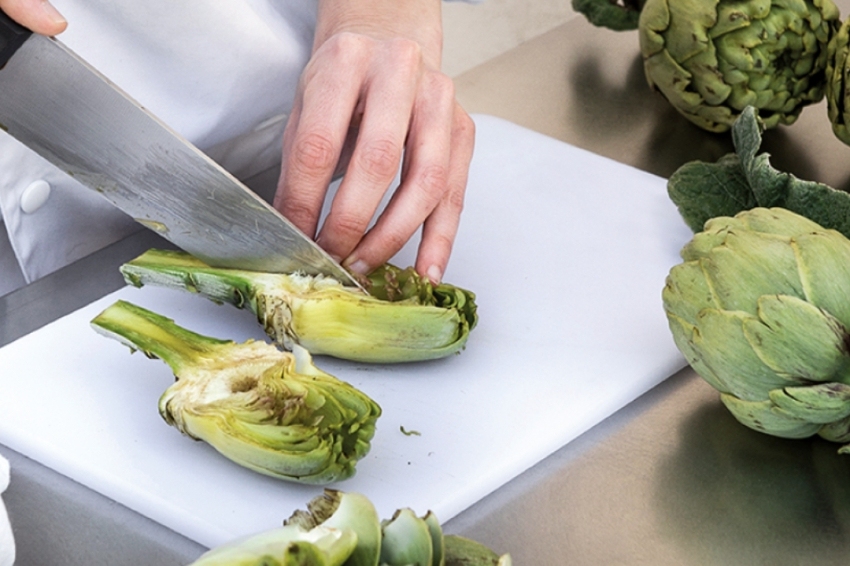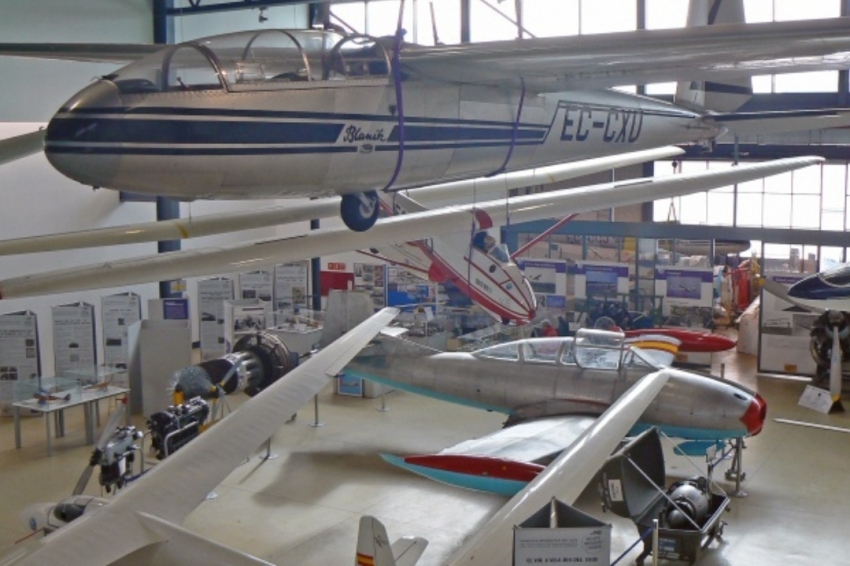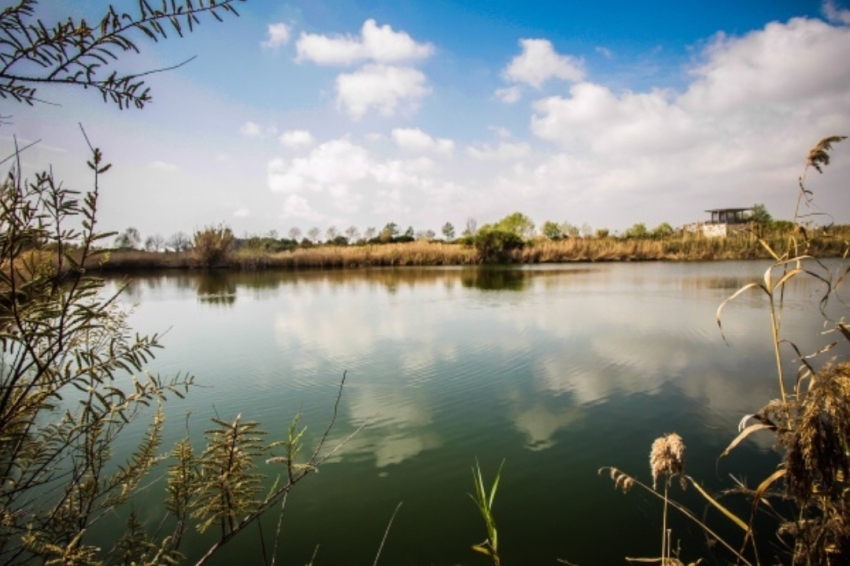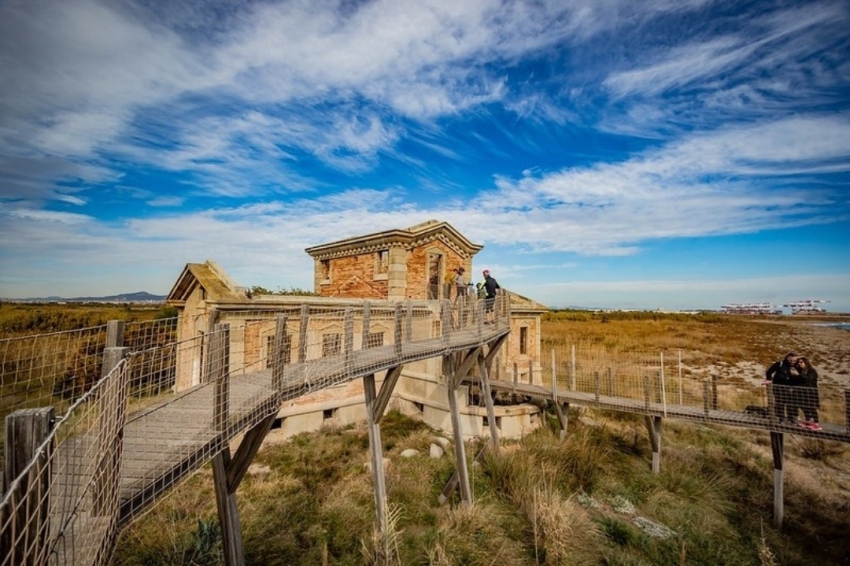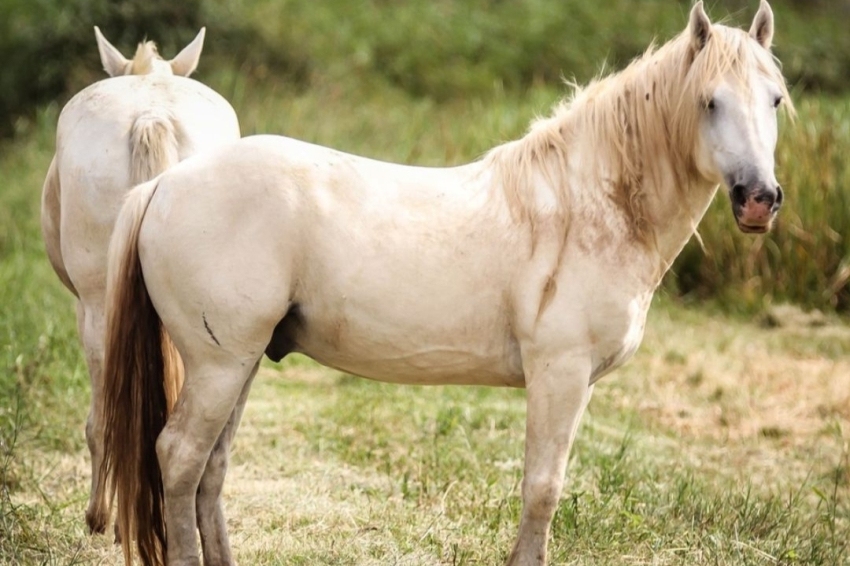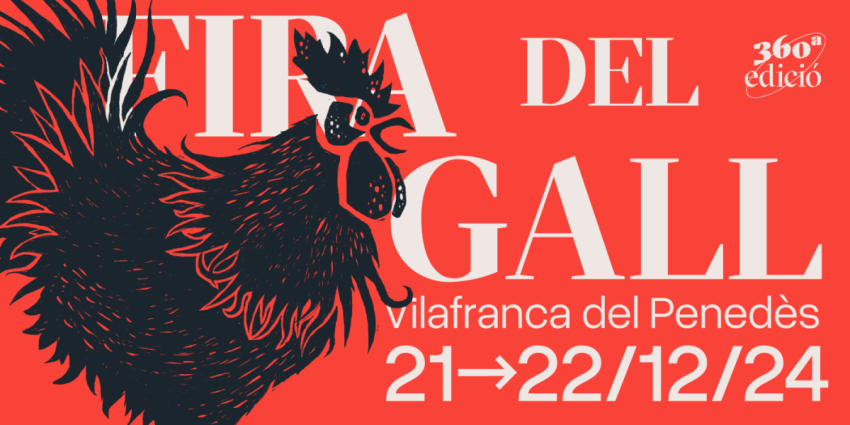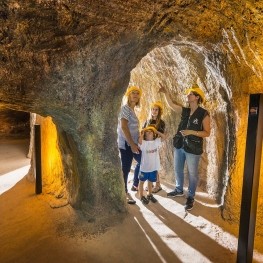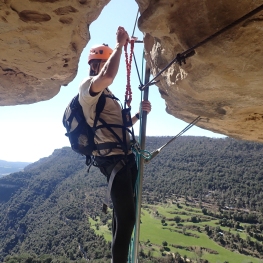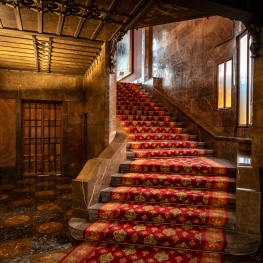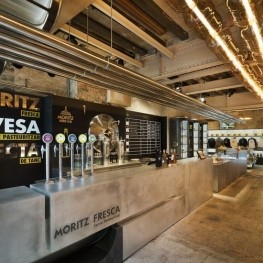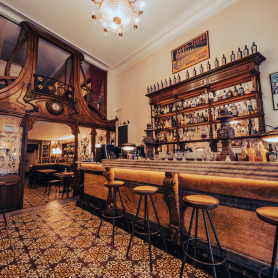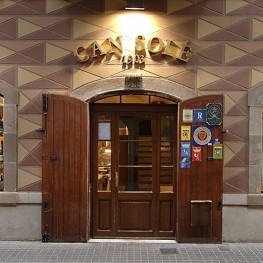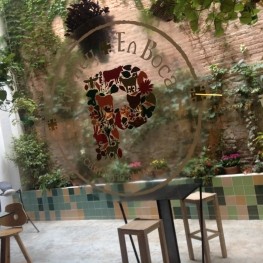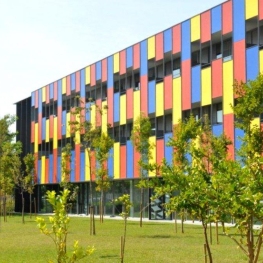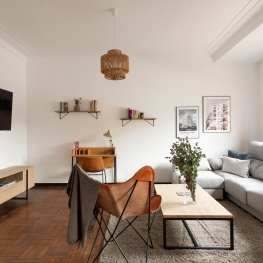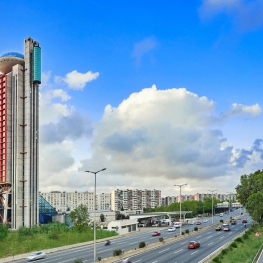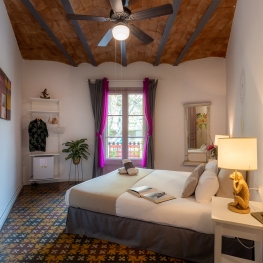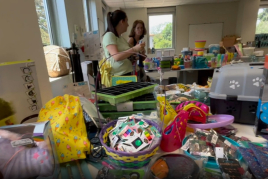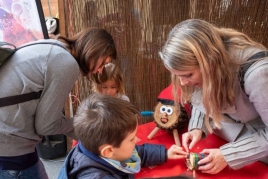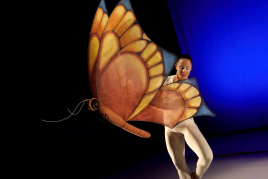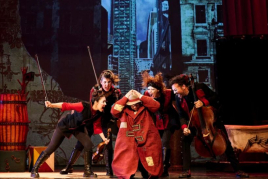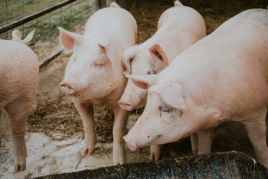El Prat de Llobregat
El Prat de Llobregat is a municipality in the Baix Llobregat region, which is part of the metropolitan area of Barcelona.
The beginnings of El Prat de Llobregat were late, since it was not until the 17th century that housing began to be installed around a square. All of this was brought about by the opening of a butcher shop at a crossroads, which led to the construction of a parish and a hostel, which in turn brought artisans to the area. They decided to organize themselves into two rows of houses, which will turn it into the main street, the only one for a long time in El Prat de Llobregat.
The fact of being able to connect the town with Barcelona through a boat trip made El Prat de Llobregat an interesting place due to its location. However, during the 19th century the population grew, above all, thanks to the farmers and the day laborers they hired and the artisans. But with the construction of a bridge that crossed the river and the arrival of the railroad, everything changes.
In the 20th century, El Prat de Llobregat expanded. Agriculture was affected by the arrival of industry and aviation, which also meant the massive arrival of population. This led to several problems, such as the lack of housing or places in schools or sewage. All in all, El Prat de Llobregat was able to resolve these aspects and evolve. So much so, that within its term we find one of the most important elements of the Catalan territory: the Prat airport.
Likewise, in El Prat de Llobregat we find other elements such as the Marconi telegraph station, the work of the modernist architect Puig i Cadafalch, the Silk School, the Muntadas Tower or the Municipal Market, in the Noucentista style.
In addition, El Prat de Llobregat is recognized throughout the territory for its native breed of roosters and chickens and the Potablava chickens.
Places of interest
Aeronautical Museum
The El Prat Aeronautical Cultural Center, located between the Iberia hangar and the corporate terminal, hosts the exhibition ' One Hundred Years of Civil Aviation in Catalonia ' from the Aeronautical Park Private Foundation of Catalonia. This exhibition reviews the history of aviation with decommissioned aircraft, replicas, photographs and models. It is a recommended visit to learn about the history of air transport.
Birdwatching
The wetlands of the Llobregat Delta are an ideal place for bird watching, located on a key migratory route between Europe and Africa. With binoculars, both beginners and experts can enjoy observing from various vantage points. The Consorci del Delta offers specialized ornithological guides to see unique species.
The River Park
The River Park is an extensive walkable area on the right bank of the Llobregat, which includes the urban river park and the Sorral path, which connects El Prat with Sant Boi. This 30 km path is part of the metropolitan section of the Llobregat river and crosses 16 municipalities, from Martorell to the beach of El Prat de Llobregat. Ideal for walking or pedaling, the park offers access to the river with a river walk of almost two kilometers, areas to stay and play, and elements such as the chimney of the old Torras Hostench factory and a viewing tower with panoramic views. The park connects with the natural spaces of the Llobregat delta through the Sorral path.
Gomis House
Casa Gomis, also known as La Ricarda, is an outstanding example of rationalist architecture in Catalonia. Designed by Antoni Bonet Castellana through letters with the Gomis-Bertrand family between 1949 and 1956, the house presents a harmonious design with an undulating roof that integrates with the coastal pine forest landscape. Inaugurated in 1963, it became a space for cultural creation, influenced by the musical passion of Ricardo Gomis and hosted Club 49 activities.
The Carabineros barracks and the Traffic Light
The Carabineros Barracks, built in the mid-19th century to control smuggling and monitor the coast, participated in maritime rescue operations. Restored in 2009 by Aigües Ter Llobregat, it protects a natural beach that serves as a refuge for various species of birds. The Semaphore, built in 1887 to regulate maritime traffic and communicate with Montjuïc Castle, was also restored by ATLL. This historic building, located in a unique setting, offers panoramic views of the delta landscape and the protected beach.
Ricarda Farm
La Granja de la Ricarda, built between 1909 and 1910 by Manuel Bertrand, became a model dairy farm in Catalonia thanks to its commitment to hygiene in the production of quality milk. The building, with a rectangular structure with modernist elements, was rebuilt near the center of El Prat after being affected by the expansion of the airport. Currently, it hosts the Raza Prat Poultry Fair every December, where local products such as Pota Blava chicken and Prat Artichoke are highlighted, offering activities for the whole family and a sample of local restaurants and commerce.
The Artisan
El Artesano was built in 1919 at the initiative of some owners who wanted a center for social events and theatrical shows, designed by the architect Antoni Pascual. During the Civil War, the CNT converted it into the People's House, but after the war, the owners resumed their activity. Until the 80s, he alternated theater and cinema. In 1987, the City Council rented the theater for regular cultural programming, but structural deficiencies forced it to close. In 2003, the City Council bought it and in 2019 it reopened after rehabilitation, converted into a 5,000 m² cultural facility that includes theater, dance, music and circus, as well as the Café and the Patio de L'Artesà.
Foundation for the Conservation and Recovery of Marine Animals (CRAM)
The CRAM is an entity dedicated to the conservation of marine biodiversity, with facilities for the treatment of cetaceans, turtles and seabirds. The center includes a recovery clinic, spaces for postmortem studies, pools and tanks for the rehabilitation of the animals, working to quickly reintroduce them to the sea. It offers guided tours adapted to all ages, educational workshops for groups, esplais and AMPAS, and the possibility of volunteering to actively contribute to the conservation of the marine environment.
Can Comas
Can Comas, a 19th century farmhouse in the Baix Llobregat Agrarian Park, restored between 2003 and 2004, is now the headquarters of the park's Information Center. It stands out for its gallery with semicircular arches and other traditional architectural elements. Inside there is a stone that marked the crossing point of the Llobregat river in Sant Boi in 1739. Around the farmhouse, you can visit orchard spaces, an Arboretum with local fruit varieties and paths that cross the fields of the park to the riverbed.
Nearby routes
See all routes »What to do
Pyrenees Extrem
El Prat de LlobregatLive your adventure with Pyrenees Extrem and discover a host of exciting…
Pastorets de Molins de Rei
Molins de Rei (a 11.3 Km)The Pastorets of Molins de Rei perform "The Cradle of Jesus" by…
Where to eat
Fàbrica Moritz Barcelona
Barcelona (a 8.1 Km)The Moritz Factory Barcelona is a unique space, divided into three floors,…
Bar Muy Buenas
Barcelona (a 8.3 Km)Few words better define Muy Buenas than "coherence." Purely modernist decor, restored…
Where to sleep
Alberg Centre Esplai, Fundesplai
El Prat de LlobregatDiscover the Centro Esplai hostel, in the municipality of El Prat de…
AB Apartment Barcelona
Barcelona (a 8 Km)AB Apartment Barcelona is an agency specializing in short and monthly apartment…
Hotel Hyatt Regency Barcelona Tower
Barcelona (a 2.1 Km)The Hyatt Regency Barcelona Tower hotel will offer you an unforgettable experience…
Events
Experiences
Rrrrrr, the story of a caterpillar at CaixaForum, La Caixa Foundation
CaixaForum, Fundació La Caixa (Barcelona) (a 6.4 Km)
The Pfeiffers at CaixaForum, La Caixa Foundation
CaixaForum, Fundació La Caixa (Barcelona) (a 6.4 Km)
